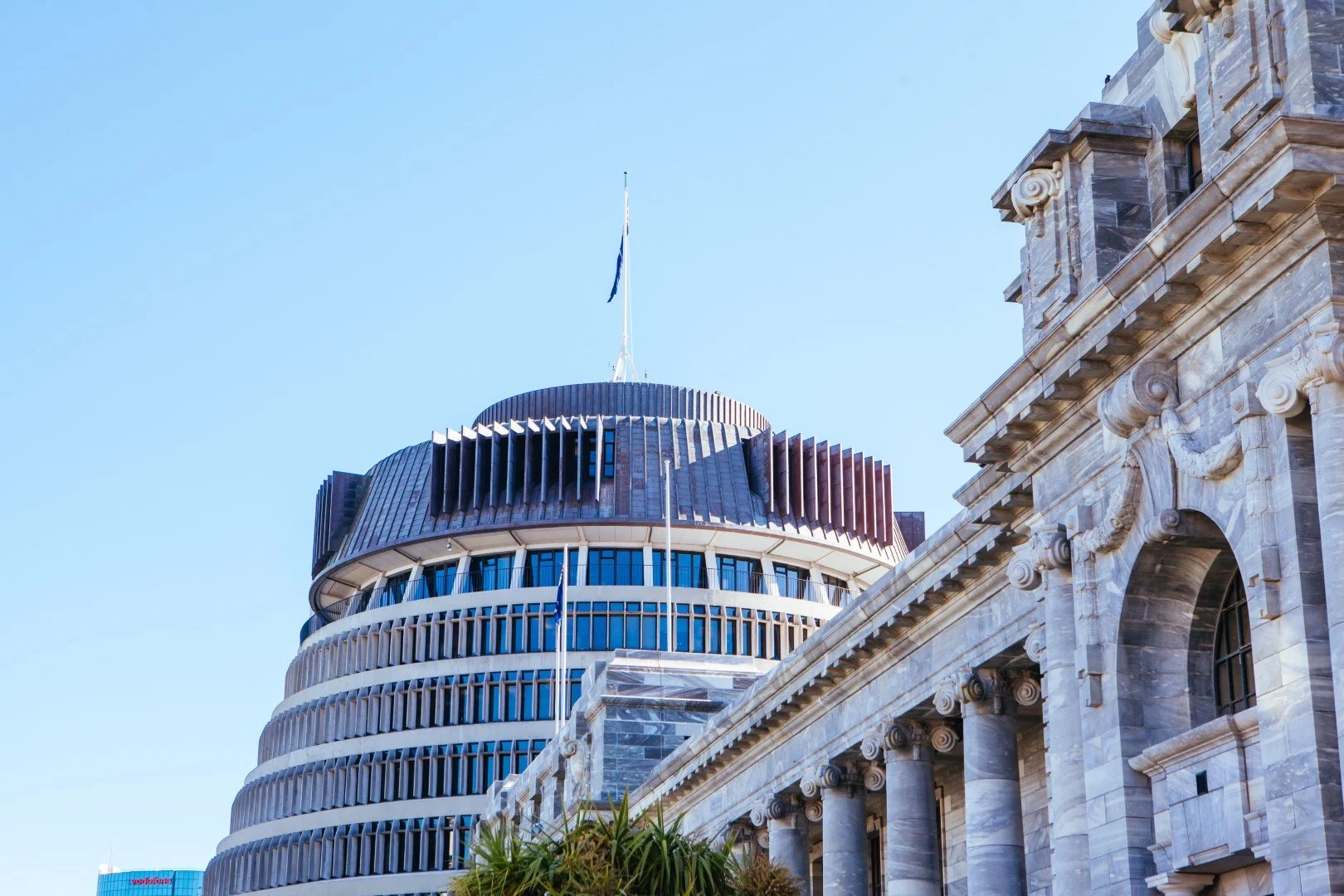by Nick Stewart (CEO and Financial Adviser at Stewart Group.)
Stats NZ has reported New Zealand has the widest account deficit on record, as at 2022.
What that means is we’re spending more than we’re earning overseas – to the extent that this is the largest annual account deficit to GDP ratio since records began in March 1988. The previous largest was during the global financial crisis in December 2008.
The current annual account deficit is $33.8b, which works out to 8.9% of gross domestic product.
Mostly we speak about bills and debt in terms of personal accounts – but it works roughly the same when thinking about the wider economy. This deficit suggests our economy has not been living within its means.
Of course, there are some drivers to consider. There has been a $10b widening of goods and services deficit, which has been driven (pun intended) by machinery, petrol prices and motor vehicles. In terms of exports, dairy and meat are contributing significantly to the $13.1b deficit in that area. [i]
That dirty word ‘recession’ is everywhere at the moment. These figures indicate it may have hit earlier than experts were anticipating, with many making a call for late 2023 originally. However, we won’t know for sure until we get the next quarter’s data – 3 months from now.
Recessions happen more commonly than you might think. It’s just two quarters of negative growth, and they’re not always as sharp as things feel at the moment. Often, if it is only two quarters, we don’t officially know a recession has happened until we’re already out of the worst – for example, we had our first recession in decades during 2020. By the time it was confirmed, NZ was already recovering.[ii]
This is not minimising how tough things are right now for a lot of Kiwis. There’s a difference between ‘a recession’ and a capital-R Recession in our minds and memories, even if they’re technically the same phenomenon.
People are already doing the hard yards trying to keep up with rising costs and inflation. Experts are talking about this recession having a long impact, into 2024, which will become more evident in the labour market.
For investors, this may mean negative returns on your portfolio. The key thing to remember is that this is, in the scheme of your long-term financial plan, temporary pain.
The trouble with investing is that it's counter intuitive. In other words, the time to act is when we feel crippled and paralysed, and the time to be cautious is when the stars have fully aligned. We're just not wired to think or act this way. Doing nothing should be our default when we see news about terrific highs or abysmal lows – and by that, I mean staying with your long-term investment goals, not sitting in cash and waiting for pennies from heaven.
In terms of what this means to you as an investor, consider the following:
Think ‘time in the market’, not ‘timing the market’. This is an old adage for financial success and has been proven right many times.
Don’t act on emotion. Not only will it increase your stress level, but ultimately it won’t get you ahead. It may feel wrong to hold your nerve while the market changes. The only thing more distressing than watching the market tumble while you’re in it? Watching the market fly upwards when you’re not in it.
If in doubt, sit down and have a chat with a trusted, independent financial adviser. They can help you create a plan based on evidence, not speculation, so you can handle those highs and lows.
Portfolios should be built with a variety of asset classes to support long term goals and plans. They are rebalanced based on market targets or weighting changes. They should take into account various scenarios to ensure there is no need to panic and if someone is drawing down, spending is accounted for in the short term.
This is where a trusted fiduciary can come into play by creating a financial roadmap based on evidence, and offering unbiased advice to help you get your financial house in order – regardless of what the headlines are saying about the markets.
Nick Stewart (Ngāi Tahu, Ngāti Huirapa, Ngāti Māmoe, Ngāti Waitaha) is a Financial Adviser and CEO at Stewart Group, a Hawke's Bay-based CEFEX certified financial planning and advisory firm. Stewart Group provides personal fiduciary services, Wealth Management, Risk Insurance & KiwiSaver scheme solutions.
The information provided, or any opinions expressed in this article, are of a general nature only and should not be construed or relied on as a recommendation to invest in a financial product or class of financial products. You should seek financial advice specific to your circumstances from an Authorised Financial Adviser before making any financial decisions. A disclosure statement can be obtained free of charge by calling 0800 878 961 or visit our website, www.stewartgroup.co.nz
[i] https://www.stats.govt.nz/news/annual-current-account-deficit-widens-to-33-8-billion/#:~:text=The%20annual%20current%20account%20deficit,released%20by%20Stats%20NZ%20today.
[ii] https://www.rnz.co.nz/news/business/426270/covid-19-gdp-results-show-nz-officially-in-first-recession-in-a-decade


